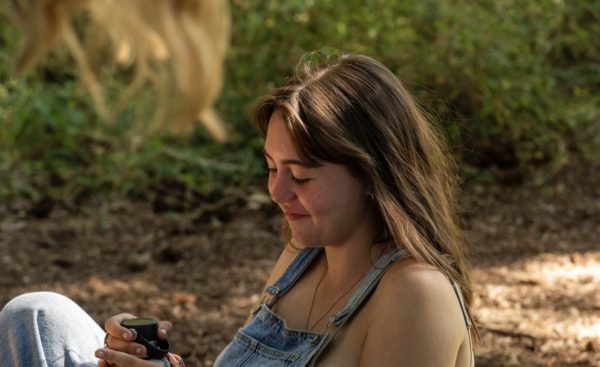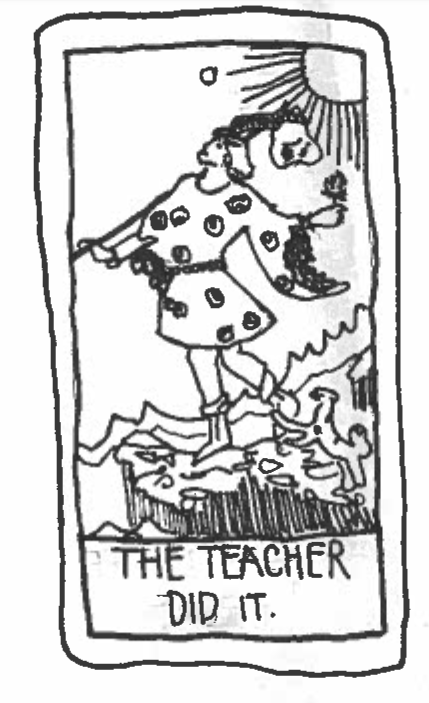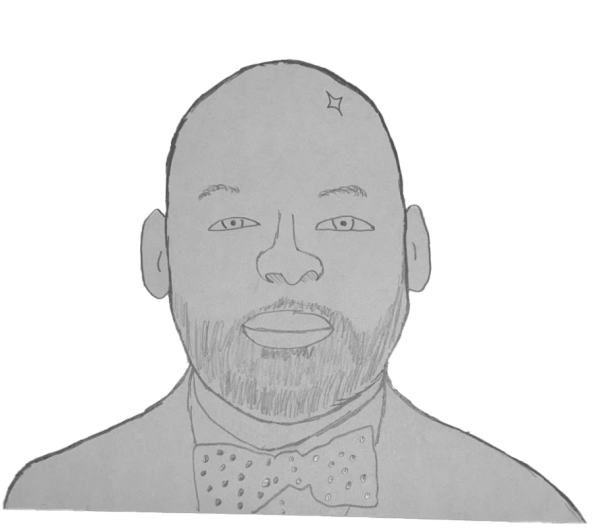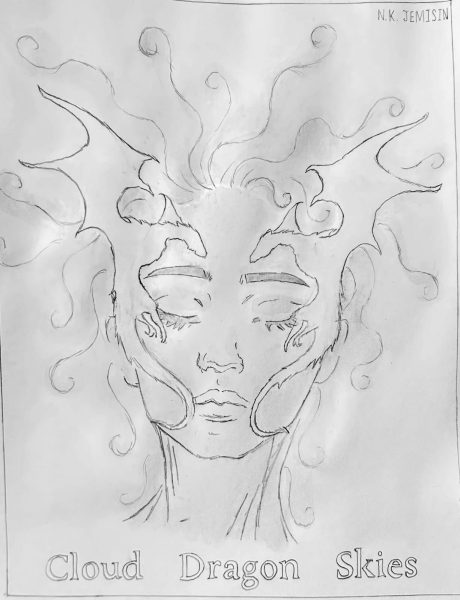TikTokers on Trial
Tragic murder in Idaho leads to online “whodunit”
Just before noon on November 13, 2022, police were called to the residence of six college students on the grounds of an “unconscious person.” Thirty minutes later, backup was called after the discovery of three more unconscious bodies.
Maddie Mogen (21), Ethan Chapin (20), Kaylee Goncalves (21), and Xana Kernodle (20) were all students attending the University of Idaho in Moscow, Idaho and living together with two other friends. All four had been killed within thirteen minutes of each other in their home–between 4 and 4:25 am. Another roommate, Dylan Mortensen (21), heard loud thuds and crying, noises which would be picked up on cameras outside the house. When she opened her door to investigate, she instead saw a man clad in all black and a mask breeze past her and out the back door. Mortensen returned to her room and hid until morning. In the light of the next day, the unsettling reality became clear: her four closest friends were murdered just outside her bedroom.
TikTok, surprisingly, became an essential keypoint to the case; Kernodle’s phone records suggested that she was alive at 4:12 a.m. and on the app just minutes before the homicide took place. This helped investigators determine the time the crimes occurred. TikTok users were drawn to this connection–and for true crime lovers, the open murder case. Misinformation quickly spread on the platform, including baseless accusations and invasive amateur detective work.
The problem of engaging with true crime occurs when people start throwing accusations at innocent and traumatized people. An extreme case of this was the suing of TikTok personality and tarot card reader Ashley Guillard. Guillard accused Rebecca Scofield–an associate, professor, and chair of the history department at the University of Idaho–of the quadruple homicide. Guillard posted 17 videos that attempted to tie Scofield to the killings, continuously calling her out, coming up with new reasoning and stating that she wasn’t stopping. Scofield was never a suspect in the case, as she was in Portland at the time of the murders. She fears that the statements made may cause someone to harm her or her family, and filed a lawsuit against Guillard for defamation. This case is a drastic example of how easy it is to make claims on apps like TikTok because what becomes viral is rarely researched.
Fortunately for the four students laid to rest, police were able to take DNA samples from a knife sheath by a victim’s bloodied bed and trace it back to Washington State University forensic psychology student Brian Kohberger (28). Trash from Kohberger’s parents’ home had a 99.98 percent match between the father and the fingerprint. Kohberger reportedly held negative views against marginalized communities, women included, and allegedly stalked the female victims before their deaths. Investigators arrested Kohberger at his family home in Pennsylvania on December 30, 2022.
With true crime being spread online, peoples’ traumatic deaths turn into game shows. In an era where entertainment trumps truth, social media can turn violence and murders into likes and fame.

Havana Hakala is a junior at Garfield High School and starting her second year on the Messenger. As a returning staff member, Hakala is more than prepared...





